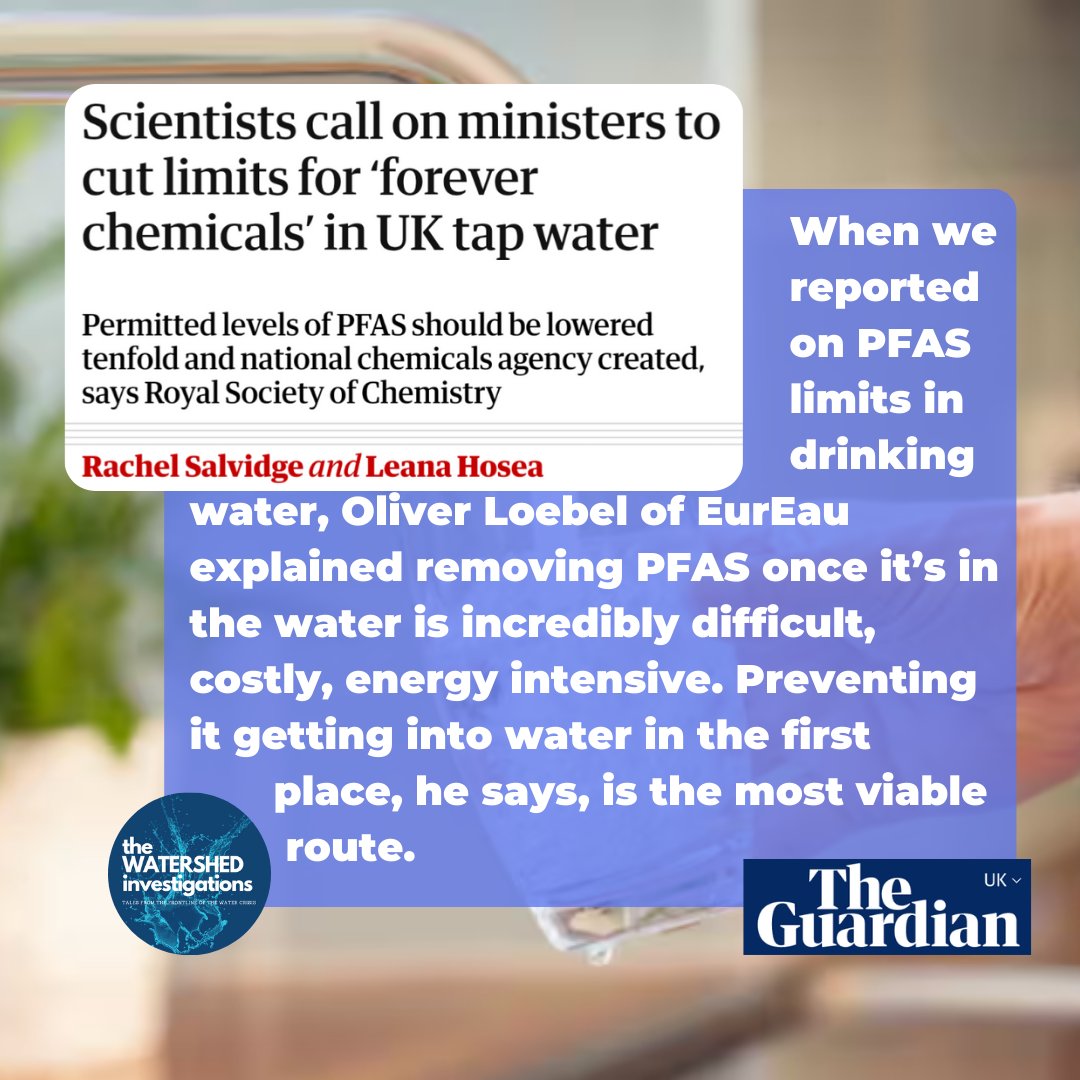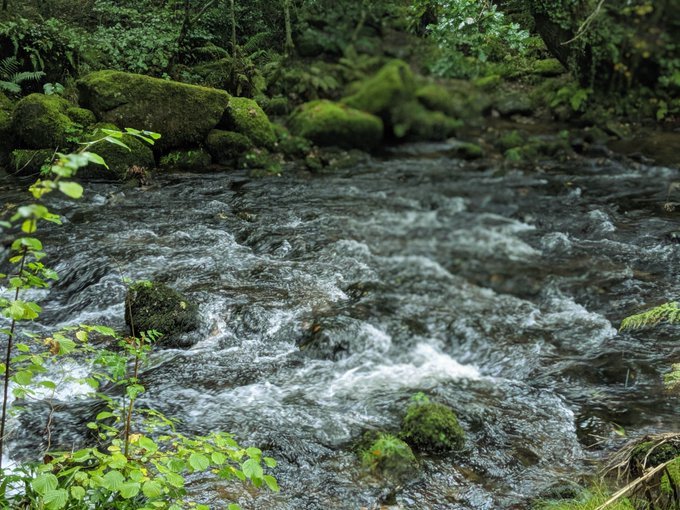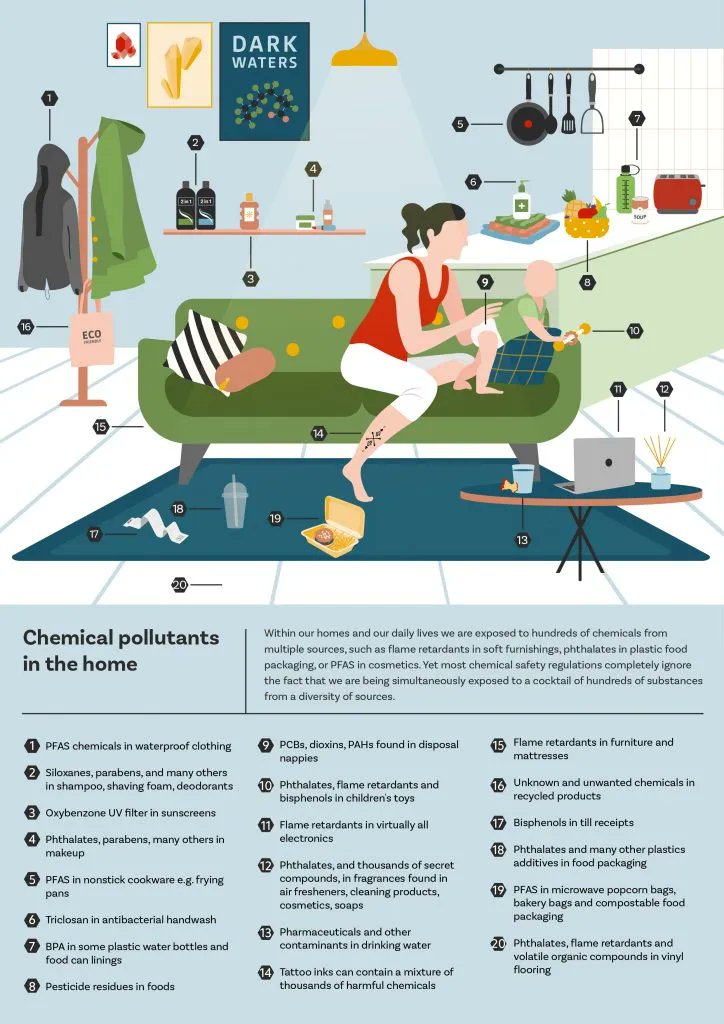A whole class ban on PFAS? It took over 60 years to gather enough information for PFOS to be globally banned. It was a further 10 years to have enough proof to ban cancer causing PFOA. Can we afford to wait to find out if the remaining 10,000 are safe? We asked @RobertBilott
The whole interview:
podcasts.apple.com/gb/podcast/the…
podcasts.apple.com/gb/podcast/the…
• • •
Missing some Tweet in this thread? You can try to
force a refresh


















